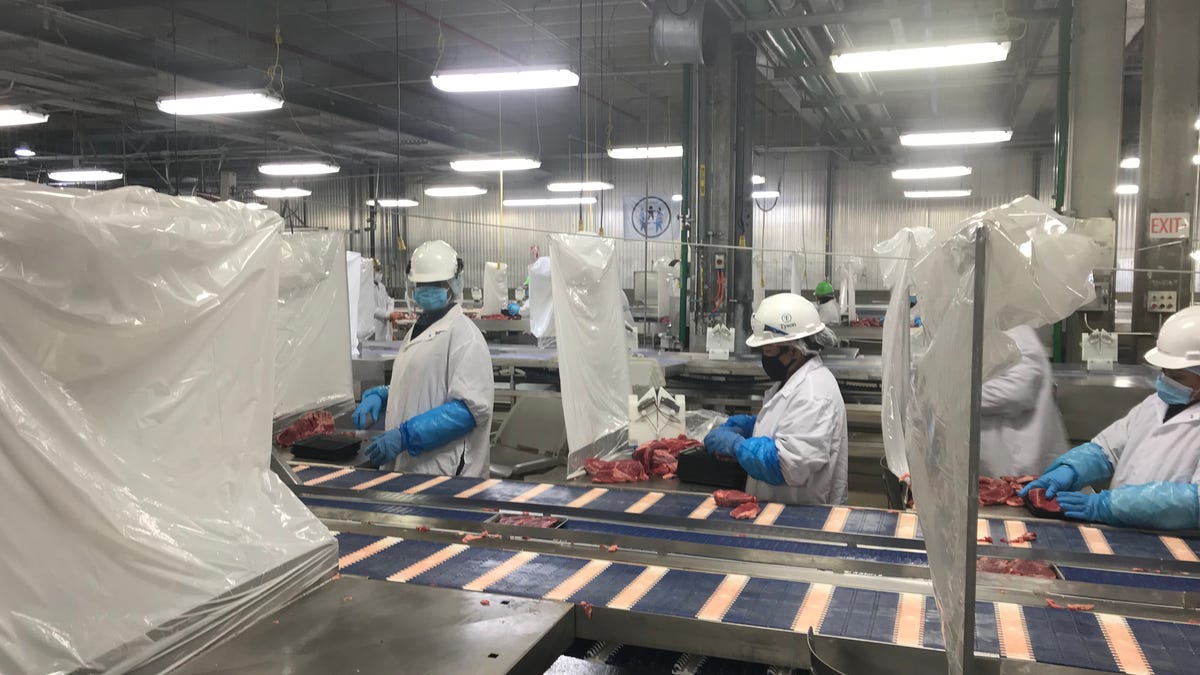Several more plants reported their first, or additional, employees testing positive for COVID-19. Alma Foods LLC, a wholly-owned subsidiary of Hormel, has closed its plant in Alma, Kans., until May 4 because one employee tested positive and additional employees had had contact with at individual outside of work. The company, which makes fully cooked meals and entrees, and the Saucy Blues barbeque line for foodservice. The plant employs about 100.
Lincoln Premium Poultry in Nebraska operates Costco Wholesale Corp.’s Fremont, Neb., chicken plant, acknowledged its second and third COVID-19 positives among the facility’s workforce. The plant continues to operate. JBS pork plant in Worthington, Minn., reported 19 cases of COVID-19. The plant employs about 2,000 and continues to operate. Smithfield’s Tar Heel, N.C., pork plant, the world’s largest, and the Tyson Fresh Meats’ Perry, Iowa and Dakota City, Neb., plants also reported cases of CONVID-19. @ https://www.meatingplace.com/Industry/News/Details/91593



